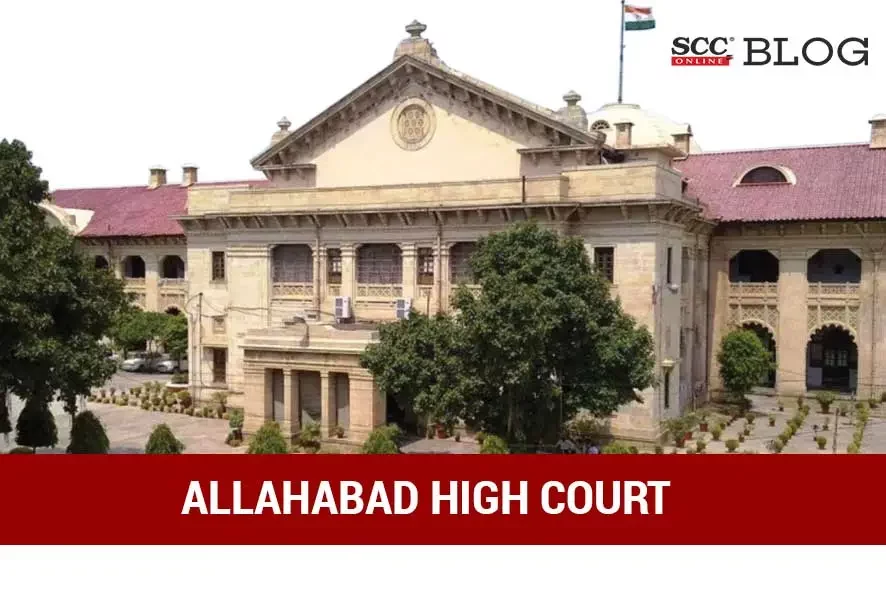Allahabad High Court: In a habeas corpus petition filed alleging that the wife of the petitioner is under illegal detention of her maternal uncle Dr. Yogendra Kumar Srivastava, J. has set aside the habeas corpus petition as the wife left her matrimonial home, on her own volition, and there was no material to establish the factum of illegal detention. Further, the Court added that the behest of a husband to regain his wife would be rare and may not be available as a matter of course and the power in this regard may be exercised only when a clear case is made out.
The Court said that the writ of habeas corpus is a prerogative writ and an extraordinary remedy. It is a writ of course and may be granted only on reasonable ground or probable cause being shown.
The Court noted that the writ of habeas corpus has been held as a festinum remedium and accordingly the power would be exercisable in a clear case. The remedy of writ of habeas corpus at the instance of a person seeking to obtain possession of someone whom he claims to be his wife would therefore not be available as a matter of course.
The Court said that the power to direct search for persons wrongfully confined is provided under Section 97 of the Code of Criminal Procedure, 1973 (‘CRPC’), whereas Section 98 provides the procedure to compel restoration of abducted females. Further, where the husband seeks to assert that the wife without a reasonable cause, is refusing to return to her matrimonial home, it would be open for him to seek remedy under Restitution of conjugal rights under Section 9 of the Hindu Marriage Act, 1955. Recourse to the latter remedy may be sought where the detention does not amount to an offence and to the former if it does.
The Court said that the exercise of the extraordinary jurisdiction for issuance of the writ of habeas corpus would be dependent on the jurisdictional fact where the petitioner establishes a prima facie case that the detention is unlawful.
Further, the Court added that in the present case, illegal detention is not demonstrated. Thus, in view of other remedies under criminal and civil law, the Bench said that the exigence of a writ of habeas corpus at the behest of a husband to regain his wife would be rare and may not be available as a matter of course and the power in this regard may be exercised only when a clear case is made out.
Thus, the Court set aside the habeas corpus petition as the wife left her matrimonial home, on her own volition, and there was no material to establish the factum of illegal detention.
[Jaishree v. State of UP, 2024 SCC OnLine All 162, Order dated 18-01-2024]







Wonderful